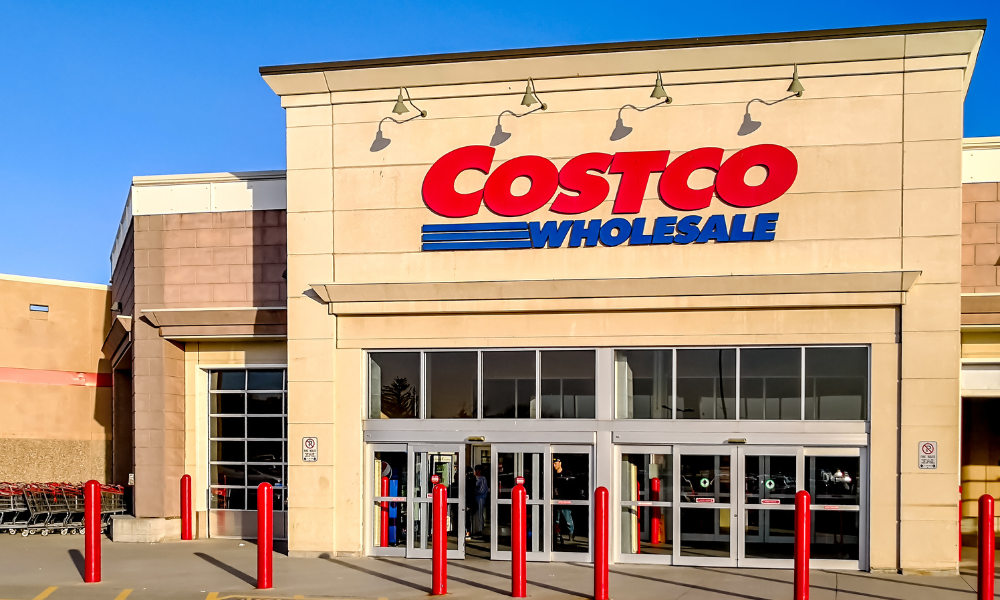
Costco sued its Ontario ticket agent for not paying its suppliers during the pandemic

The Ontario Superior Court of Justice has upheld the international arbitral awards and foreign judgments in favour of Costco against its Ontario agent, TicketOps.
In Costco Wholesale Corporation v. TicketOps Corporation, 2023 ONSC 573, US warehouse club giant Costco asked the Ontario Superior Court of Justice for an order enforcing a US district court judgment and arbitral awards against TicketOps, an Ontario company providing digital ticketing services.
In 2018, Costco and TicketOps entered into a Master Tickets and Program Agreement (MTPA), including two supplemental agreements. Under the contract, TicketOps has provided digital services to Costco for its electronic ticket or voucher program. Costco has sold electronic tickets for third-party vendors to its customers through its online platform.
The Washington state laws govern the MTPA, and it contains an arbitration clause. When the COVID-19 pandemic hit, Costco continued paying TicketOps, but TicketOps had stopped paying its suppliers. Costco then demanded the return of the funds TicketOps had allegedly received as Costco's agent. Costco also filed a demand for arbitration with the American Arbitration Association International Centre for Dispute Resolution.
The arbitrator rendered three awards in favour of Costco, finding that there was an agency relationship between the parties which obligated TicketOps to pay its suppliers all the amounts advanced to it by Costco. TicketOps then brought a petition to vacate the awards before the US district court. However, the district court ultimately denied TicketOps' petition and affirmed Costco's petition to confirm the arbitral awards. TicketOps' appeal was likewise dismissed.
The Ontario Superior Court explained that foreign arbitral awards are enforceable in Ontario through the International Commercial Arbitration Act (ICAA), which recognizes the Convention on the Recognition and Enforcement of Foreign Arbitral Awards and the Model Law on International Commercial Arbitration.
The Convention and Model Law restricts the ability of national courts to interfere with international arbitration proceedings except for limited grounds identified in the law. Under the Model Law, an arbitral award might be set aside for reasons of fairness or natural justice, or the conduct of the arbitral tribunal is "sufficiently serious" to offend Ontario's most basic notions of morality and justice."
For its defence, TicketOps argued that it was denied natural justice primarily because the arbitration clause provided a summary procedure of only two days, the suppliers should have been part of the legal process, and it was not permitted to depose a witness. TicketOps also claimed that the fact that the arbitrator was a friend of Costco's US counsel on Facebook raises a reasonable apprehension of bias.
Contrary to TicketOps' arguments, the superior court found that none of the fairness grounds the company has raised were "sufficiently serious to offend our most basic notions of morality and justice" or so serious that they cannot be condoned under Ontario law. The court said the arbitration proceeding was not contrary to Canadian notions of fundamental justice. The court also found that TicketOps presented its case before the arbitrator and had the same opportunity to do so as Costco.
TicketOps further argued that the damages to Costco must be compensatory for the amount of the proven loss. TicketOps asserted that Costco had suffered no loss because Costco Canada, not Costco, paid the suppliers. TicketOps said it would be contrary to public policy to recognize and enforce the judgment and the awards in favour of Costco because the compensations under these awards exceed Costco's liability to the suppliers.
The court disagreed, finding that recognizing and enforcing the arbitral awards would not be contrary to the public policy in Ontario. The court said TicketOps has failed to identify any relevant law of Washington state contrary to Ontario's basic view of morality.
The court further found that TicketOps' overcompensation argument sought to relitigate the arbitration in Ontario. In any case, the court held that the awards did not overcompensate Costco's losses. Instead, the awards sought to have TicketOps return to Costco the amounts that it had received as Costco's agent and did not pay to suppliers.
The court ultimately ruled that none of TicketOps' arguments came close to establishing a valid defence that would be proper grounds to refuse to recognize and enforce the foreign judgment and arbitral awards. The court also said it would be contrary to the objectives of the ICAA, the Convention and the Model Law to relitigate the merits of the arbitration in a court proceeding. Accordingly, the court granted Costco's application to enforce the awards and foreign judgment.